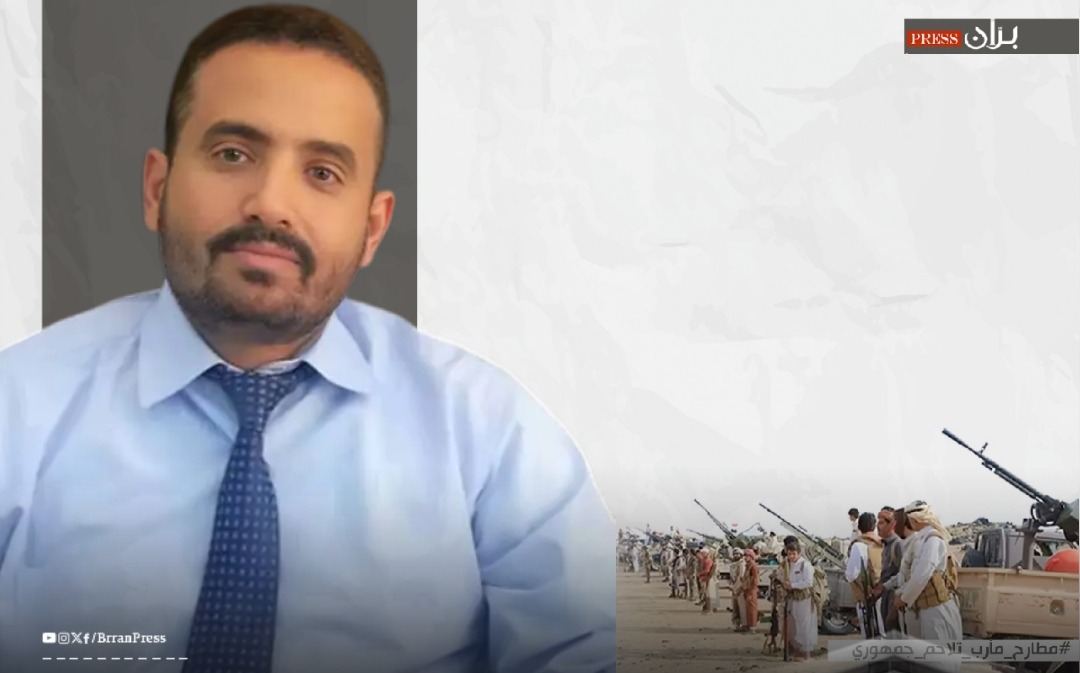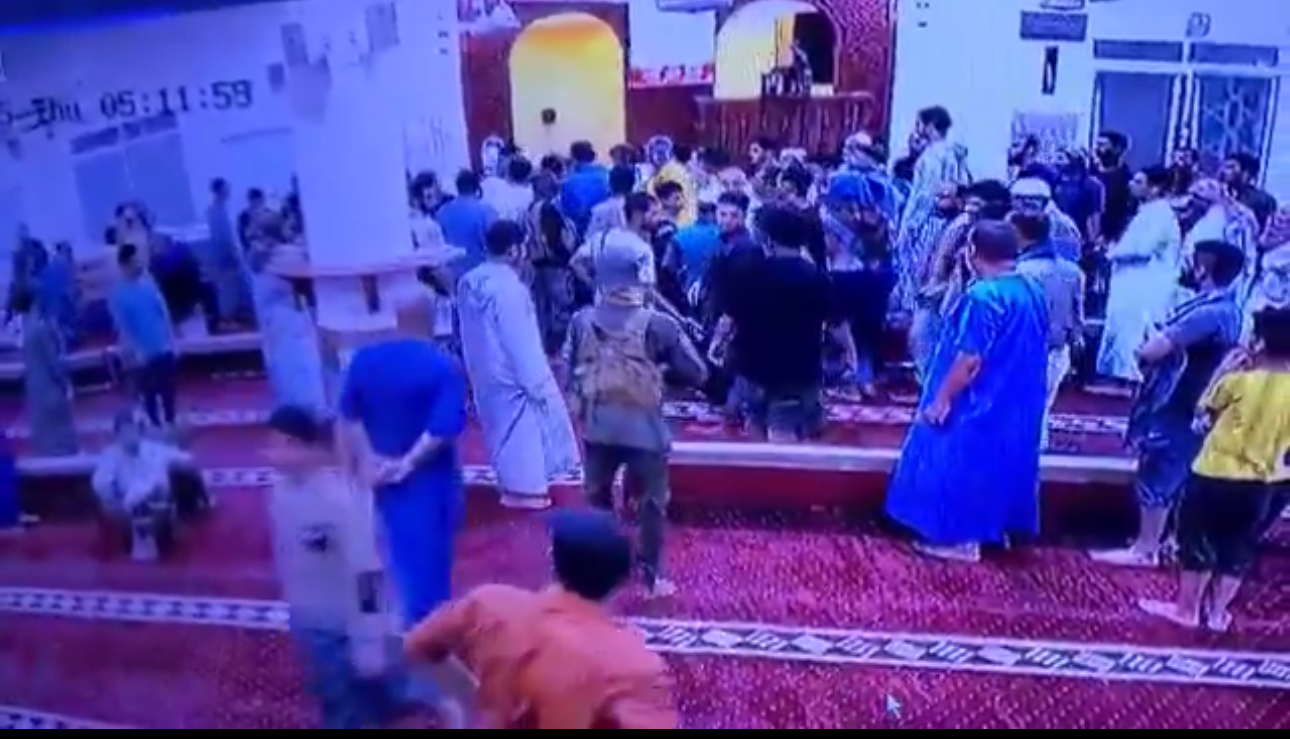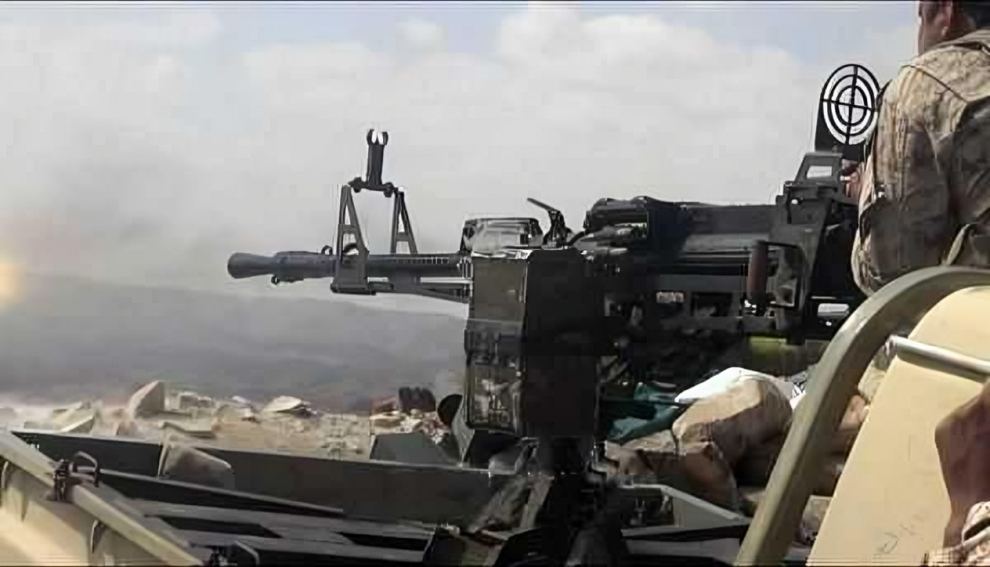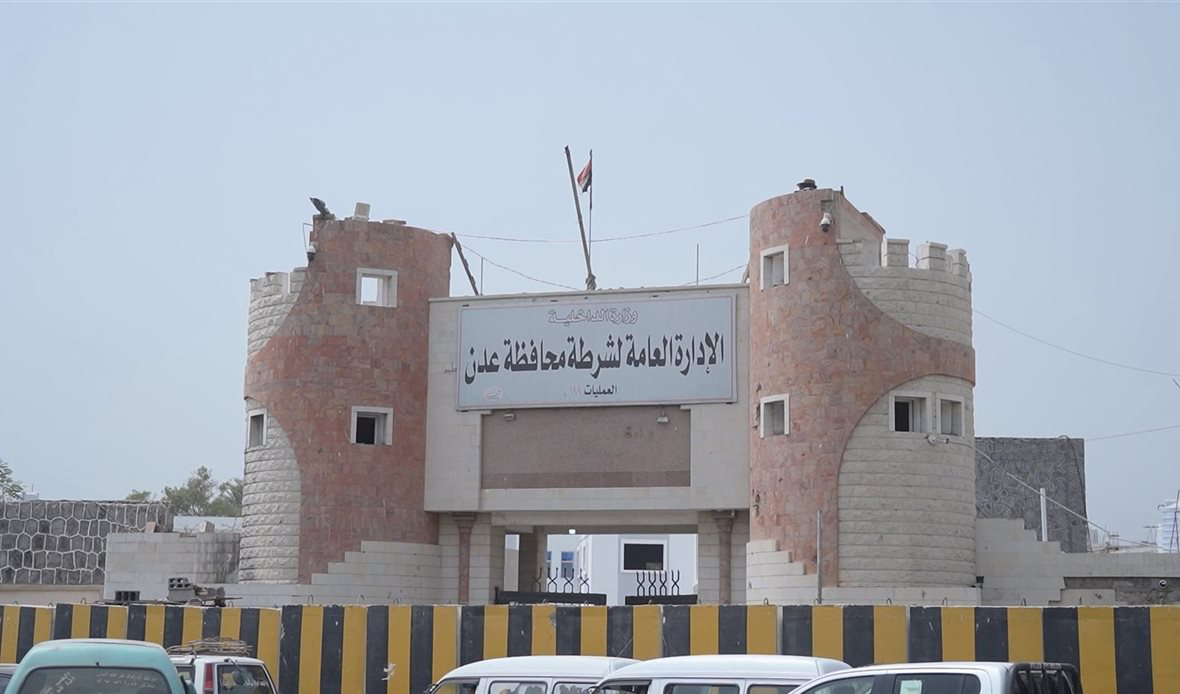
Barran Press
Abdulhaq bin Hamad Jaradan, a leader in the Marib Popular Resistance, stated that commemorating the "Matareh" represents a form of gratitude for those who contributed to its establishment and serves as a reminder of the heroic stances taken to defend the republic and its stronghold, Marib.
In an exclusive interview with "Barran Press," coinciding with the tenth anniversary of the Matareh, Jaradan described this occasion as an opportunity to honor the souls of the martyrs who etched their names in Yemen's modern history with their noble sacrifices.
He recalled the circumstances surrounding the establishment of the Matareh, noting that it arose after the Houthi militias invaded the capital, Sana'a, and seized large parts of it, violating agreements with a neighboring tribe in Marib.
"Tribes from Marib gathered in the areas of Nakhlah and Al-Suhail, northwestern of the city," he explained. This response is a traditional practice among Marib tribes when facing threats, prompting them to set up tents and prepare for confrontation. Hence, the term "Matareh" was coined.
In 2014, the tribes convened at the Matareh to devise strategies against the advancing Houthi forces, calling for unity and the setting aside of internal disputes. They established the first Matareh and formed a reception committee, appointing the late leader Abdullah bin Hamad Jaradan Al-Abidi as the overall commander.
Jaradan emphasized the organization and logistics at the Matareh, where new recruits were quickly assigned defensive tasks and deployed to combat the Houthi advance into the province.
Following the Houthi takeover of most of the republic's provinces, he noted that freedom fighters from across Yemen flocked to Marib, where the Matareh became the nucleus for establishing the national army and popular resistance.
He asserted that these encampments formed a formidable bulwark for the last bastion of the republic, Marib, and have continuously supported the national army to this day, despite the loss of many of its prominent leaders.
Jaradan discussed the Houthi attempts to undermine the Matareh, including sending intermediaries and promoting a peace document that would effectively surrender the province. These efforts, he said, were met with outright rejection from the people of Marib.
When the Houthis failed to disrupt the unity of Marib, they resorted to discrediting the Matareh through intensive media campaigns, labeling them as terrorist camps. He expressed regret that some believed and propagated these claims, despite the Matareh being open to the media, which frequently visited and conducted interviews with tribal leaders clarifying the Matareh’s purpose as a legitimate defense of Marib.
Although the Matareh lasted over eight months, Jaradan noted that its members were modestly armed compared to their adversaries, with each participant bringing their own weapons, camping supplies, and food.
He highlighted the role of local authorities in supporting the Matareh and clarifying their position to delegations sent by the president and government, asserting that the tribes of Marib stand firm to protect their land and assist the army in safeguarding vital infrastructure.
Jaradan also addressed the position of political parties in Marib, which publicly declared their support for the tribes in Nakhlah, Al-Saheel, Bani Jabr, Murad, and Al-Jid'an. In a joint statement, they affirmed that their fate is intertwined with that of the tribes and that they would not permit any militias to disrupt the security and stability of the province.
On September 18, 2014, the tribes in Marib established armed popular camps known as "Matareh" on the northern, western, and southern outskirts to counter the escalating Houthi attacks aimed at forcibly seizing the province. This action, a long-standing tribal tradition, followed months of Houthi provocations and assaults on border tribes after their capture of the city of Amran in July 2014, leading up to the fall of Sana'a on September 21, 2014.





